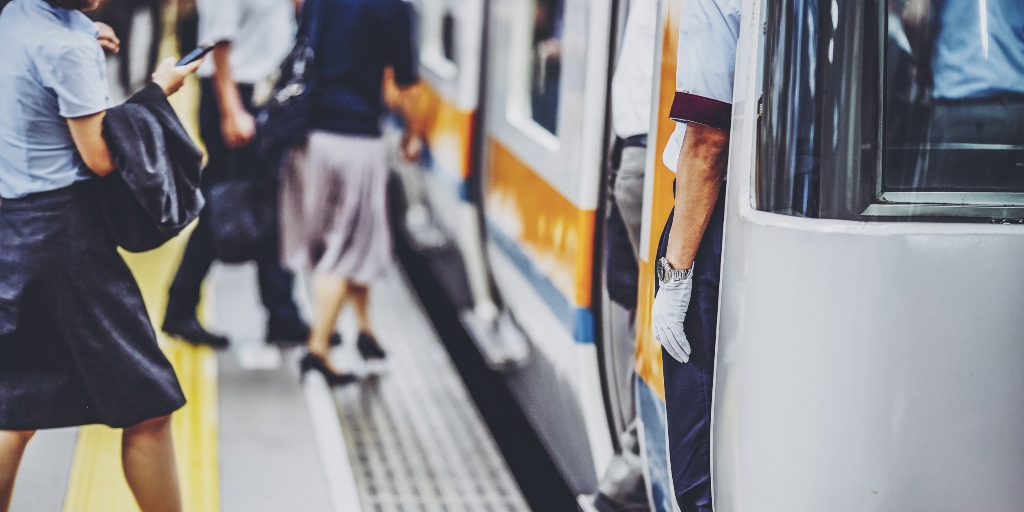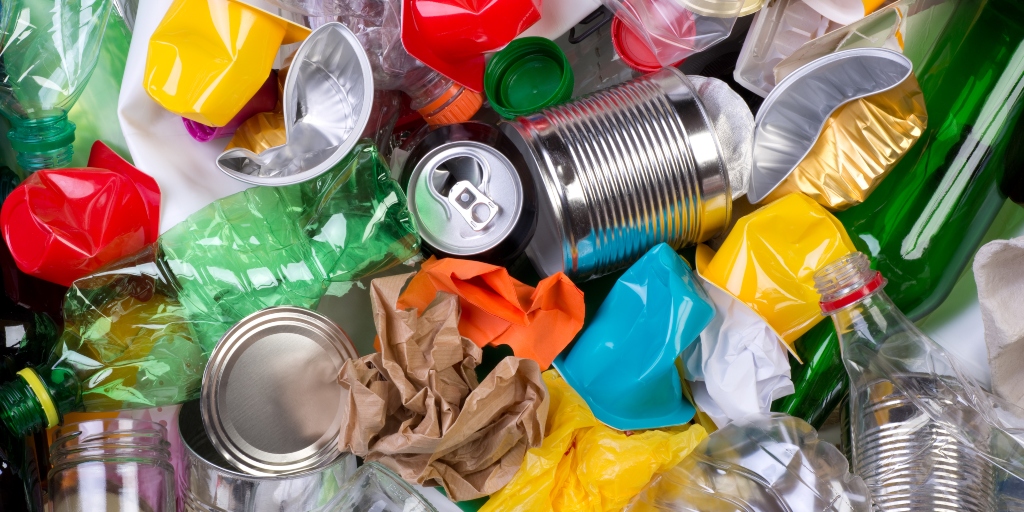It’s understandable—in a crisis like the pandemic, all norms are abandoned, including habits of riding the bus, recycling and prioritizing low waste food, all while mountains of Amazon delivery cardboard piles up in the garage. But let’s not throw the baby out with the bathwater. Transit systems are absolutely essential to many of our most vital economic centers; they are essential to people too poor to own cars; they are an essential part of the solution to climate change. Transit cannot be a casualty of COVID. There has to be ongoing federal relief distributed based on need, and a long term commitment to robust public transit. Reduction in single use plastics and recycling what we do produce must increase if we are to deal with the filling up of our oceans and bodies with plastic waste.
Moreover, these practices, and indeed the pandemic itself, are inextricably linked to climate change. The destruction of wildlands, by deliberate deforestation to support animal agriculture or resource extraction or by the droughts, floods, temperature shifts and wildfires resulting from climate change, are forcing wild animals into greater contact with humans, thus enabling the spread of viruses like COVID-19. Perhaps climate change awareness and response can provide the roadmap to refocusing our priorities at the local and global levels.
With climate change, some people choose to avoid flying and stop commuting to work via a personal automobile to lessen their personal carbon footprint. It makes some difference—you are saving a small amount of carbon, you are setting an example for others and sending signals to the market, and it helps us feel that we are contributing to the solution. But consider this—with the recent complete shutdown of the global economy, which effectively meant that none of us were flying or commuting to work, how much were our carbon emissions reduced by? Only 17 percent, and that is with nearly everyone committing to these personal actions because they had no choice otherwise. What this means is that 83 percent of our carbon emissions are systemic, built into power generation, large-scale transport of goods, deforestation, industrial production, and other processes. And emissions have ramped back up again as some areas have recovered, with the final 2020 emissions projected at only 5 percent below 2019. While the levers to control carbon emissions are beyond an individual’s ability to pull, they are not beyond a collection of individuals, and this where community actions can make a difference in climate as well as waste, public transportation, and so many other areas.
Much like the systemic issues that drive climate change, we need to come to terms with the systemic issues that throw up obstacles to achieving more sustainability. Perhaps the global disruption of the pandemic will help us leapfrog to a new normal. By spending time in a simpler mode, often with family, cooking meals at home, walking the neighborhood streets (at a distance, of course!), growing food for the first time, and dearly missing the connections with our fellow humans, perhaps we are arming ourselves with a new understanding of values. As stated by Rahm Emanuel, former Mayor of Chicago, “Never let a serious crisis go to waste. And what I mean by that is it's an opportunity to do things you think you could not do before.” We can, and should, not just build back, but build back better.





